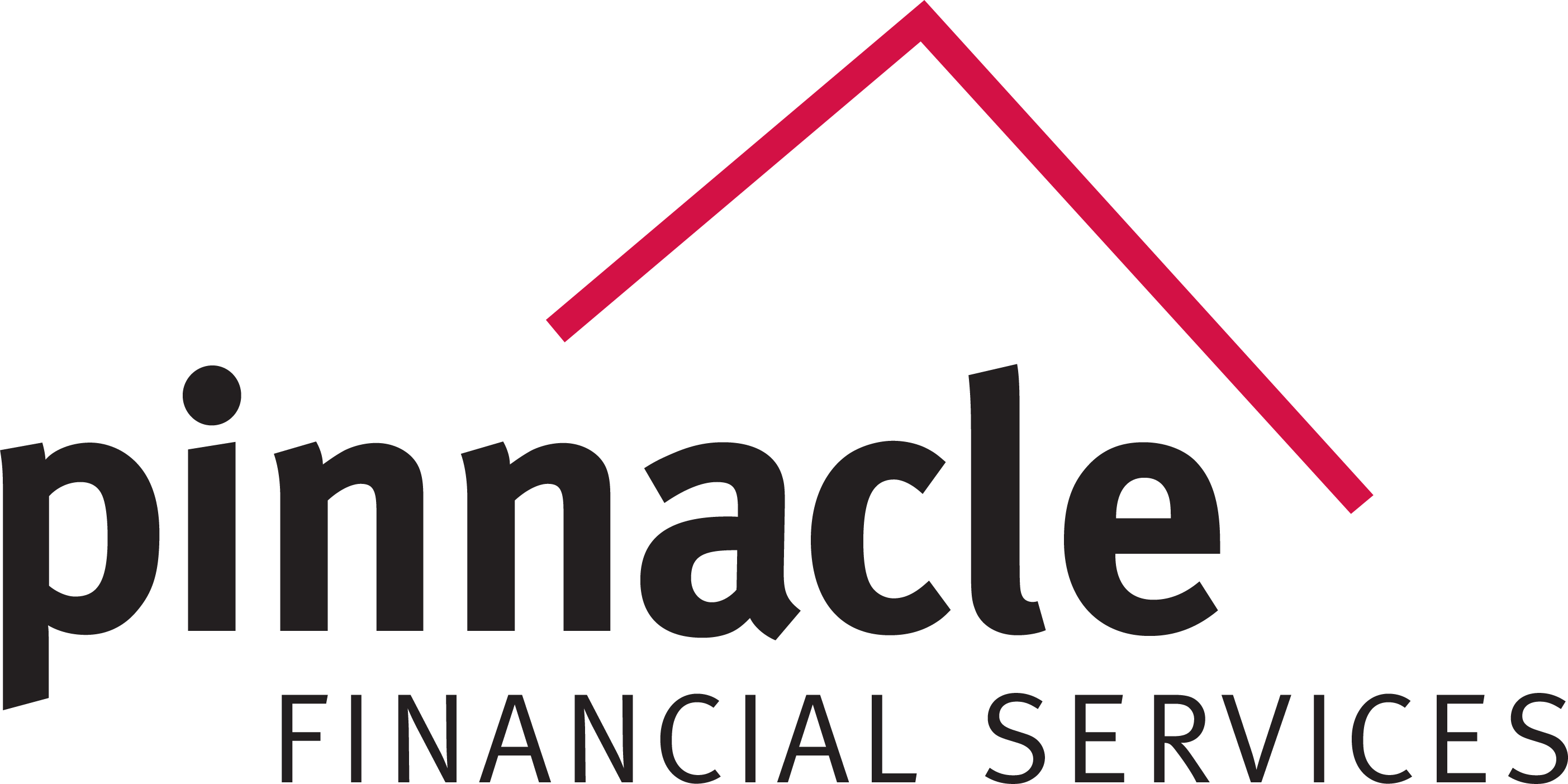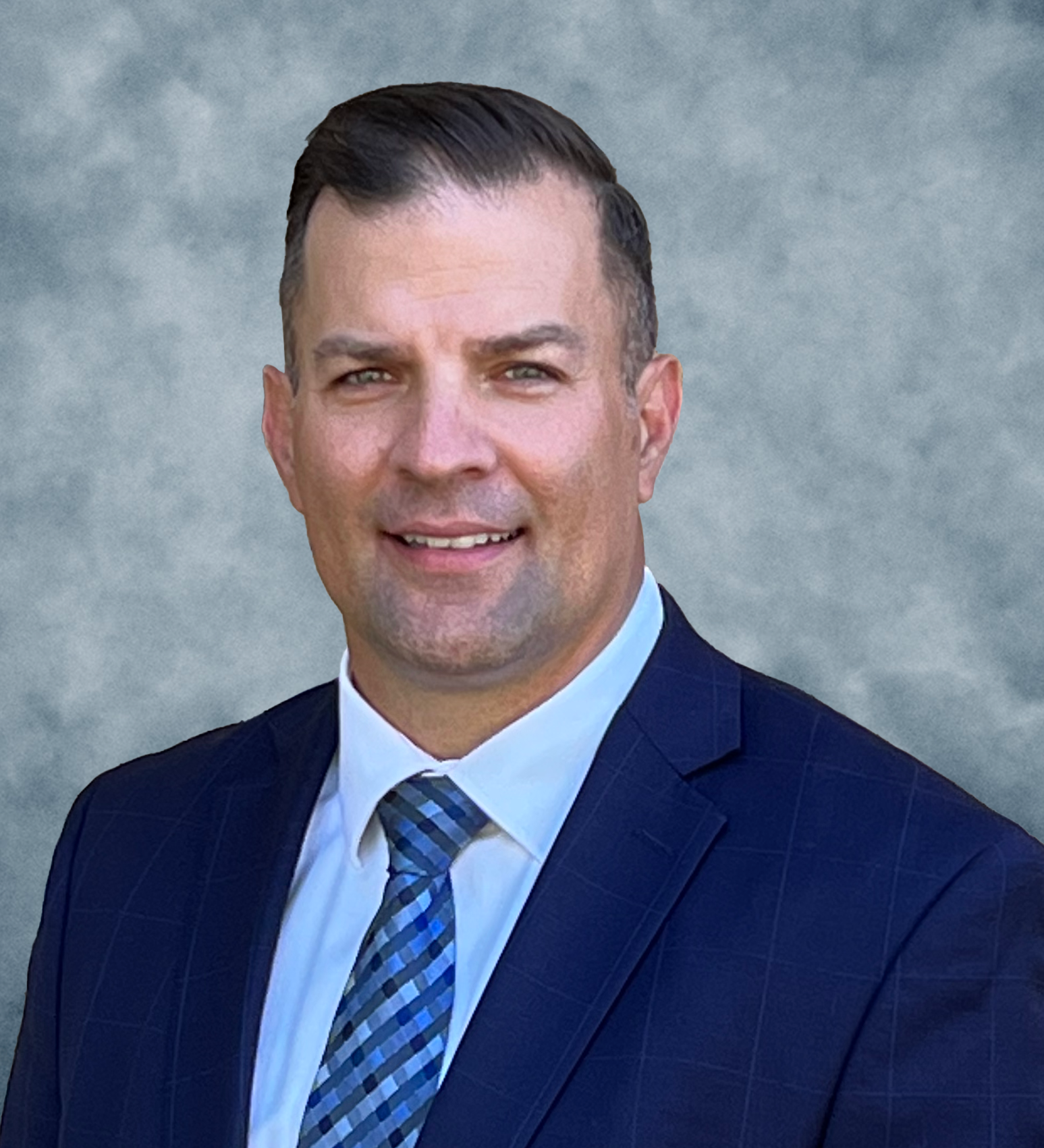
Best Medicare FMO
The Medicare market has experienced significant growth, presenting an opportunity for independent insurance agents to grow their business’. Agents are actively seeking the top Medicare Field Marketing Organizations (FMOs) that specialize in assisting Medicare agents to partner in growing their business efficiently.
Explore the Best Medicare FMO Options with Pinnacle Financial Services
In the competitive world of Medicare agencies, independent agents are bombarded with claims from companies touting themselves as “The Best Medicare FMO” or “Top IMO.” Agents need to research to find a truly exceptional FMO. At Pinnacle Financial Services, we commit ourselves daily to being the top choice for our agent partners, prioritizing unparalleled service, technology solutions, and training across multiple product lines.
Why Pinnacle Financial Services Stands Out in the Medicare Market
With a long-standing history in the Medicare market, Pinnacle Financial Services understands the importance of a robust support structure for independent agents aiming to expand their business. Our commitment to excellence in service continues to drive our efforts in supporting agents.
What Pinnacle Financial Services Offers to Medicare Agents
We offer a comprehensive suite of tools and technologies at no cost to help agents succeed:
- Medicare Quoting Tools: Easily quote plans using our apps for phones and tablets.
- Connect4Insurance Access: Use the leading tool for Medicare quotes, comparison, and enrollment.
- Efficient Online Contracting: Streamline your processes with our online system.
- Free Lead Program: Jumpstart your sales efforts with access to free leads.
- Competitive Medicare Commissions: Benefit from top-tier commission structures.
- Comprehensive Training: Access ongoing training options both in-person and remotely.
- Free Continuing Education Credits: Enhance your qualifications at no extra cost.
- Advanced CRM System: Manage your client relationships effectively with our CRM solutions.
Take the Next Step in Your Medicare Career with Pinnacle Financial Services
Whether you are new to selling Medicare plans or a seasoned professional, Pinnacle Financial Services is here to support your growth. Our experienced staff is ready to address all your questions and guide you through the benefits of partnering with us.
Contact Pinnacle Financial Services Today
To learn more about how we can help elevate your Medicare business, contact a Pinnacle Financial Services representative at:
Phone: 1 (800) 772-6881 x7731
Email: sales@pfsinsurance.com
Take the first step towards becoming a top-performing Medicare agent with Pinnacle Financial Services, your partner in success.
1 (800) 772-6881 x7731 | sales@pfsinsurance.com

VP - Marketing
Contact a Pinnacle Representative if you have any questions.
1 (800) 772-6881
support@pfsinsurance.com







